 “Ladybrille® Fashion Business With . . .” is a feature on Ladybrille® Magazine that is focused on entrepreneurs in Africa’s fashion industry, with a heavy emphasis on fashion designers. This feature highlights business principles, business practices, follows the money, discusses the challenges faced by fashion startups as well as offers pragmatic tips that should help stir the Ladybrille fashion entrepreneur towards success. If you would like to be featured, send an email to ([email protected]), indicate the kind of fashion business you operate and what you intend to share with our audience that you feel will be beneficial to them.
“Ladybrille® Fashion Business With . . .” is a feature on Ladybrille® Magazine that is focused on entrepreneurs in Africa’s fashion industry, with a heavy emphasis on fashion designers. This feature highlights business principles, business practices, follows the money, discusses the challenges faced by fashion startups as well as offers pragmatic tips that should help stir the Ladybrille fashion entrepreneur towards success. If you would like to be featured, send an email to ([email protected]), indicate the kind of fashion business you operate and what you intend to share with our audience that you feel will be beneficial to them.
Today’s spotlight is on Joan Okorodudu. Okorodudu is a fashion designer for the Nigerian design brand, House of Jola. House of Jola regularly shows at Couture Fashion Week in New York. She is also the owner of Isis Modeling Agency, a successful agency whose models routinely strut runways in New York, South Africa and Nigeria and have been used for numerous campaigns, commercials and editorials across Africa. Okorodudu is also the brain behind the successful Nigeria’s Next Super Model, a reality TV show, akeen to Tyra Banks’; America’s Next Top Model, that has enjoyed sponsorship from numerous global brands including Vlisco, Dark & Lovely and L’Oreal Paris.
LADYBRILLEmag.com: What has been your biggest business success to date?
Joan Okorodudu: Producing thousands of shirts for shops and (the expansion) of Nigeria’s Next Super model to other African countries. The fact that big brands like Dark & Lovely and L’Oreal Paris are sponsors of (NNSM) and even sent (a representative) from Paris was one of the best things that happened to us.
LADYBRILLEmag.com: What do you believe are the key qualities of a brilliant (LadybrIlle) entrepreneur?
Joan Okorodudu: . . .Tenacity, audacity and the ability to focus.
LADYBRILLEmag.com: Can you share with our audience some few tips on financial management of a fashion business?
Joan Okorodudu: The financial management of a fashion business depends on each designer, however, for me it has been a roller coaster one. This month you think production will cost a certain price but you find that lack of power (electricity supply) changes all that. For example, I have started producing shirts for a country in central Africa and this client wants only ‘Made In Nigeria’ Ankara clothing. I gave a quote on the fabric as a (specific) price but by the time I started production, the price of the fabric had jumped (to an additional) 300Naira. How do I explain this to the costumer? Fashion cost so much money and it is not (as) lucrative like people think . . .
Managing a fashion house, in general in Nigeria, I will say you must own a generator, have a cutting area, a good production area, good workers and good quality control team to prevent returns on your products.
LADYBRILLEmag.com: In your opinion, why do fashion businesses, especially African fashion businesses, fail?
Joan Okorodudu: (Begins response with a story) There was this particular big brand in South Africa that went bankrupt and I was so upset (when I heard the news) because I have always liked that brand and for me nothing compared to it in Africa. They had everything from belts, to shoes, to sunglasses and my models did their runway shows and I said to myself, “here they are in this big mall and Africans will pass and go into more expensive shops and buy other brands.” I feel very sorry for us as a people because no matter how many of us buy Gucci, (Gucci) will never identify with us.
It is a pity that when we start (our) businesses, we have this hope and aspiration and fifty percent of the time, these businesses close down not because you are not good; but because you come from a country that loyalty to African brands is non-existent. We have people who will rather carry a fake Gucci (bag) than a Nigerian made bag. It is in all spheres of our lives. Look at the clubs in Nigeria, the ones run by foreigners are the ones that never close down but the ones run by our people, no matter how good they are, because of lack of loyalty of costumers, they either change names and re-open and close again and again.
[I]t is the same in fashion. . .

LADYBRILLEmag.com: What drives you as a business owner?
Joan Okorodudu: I am driven by the will to make the world see that as a Black Woman, I can do anything and do it as good as any other person regardless of age, creed (or) color.
I remember going to see someone for sponsorship when Nigeria’s Next Super Model (was in its Infancy state), the person told me in plain language, “Joan you see, if you can get The Tyra Banks brand or any of the other international model search, then we can do it but Nigeria’s Next Super Model will not fly.” Last year, I saw the person at Murtala Mohammed airport In Lagos. She said to me, “Joan wow! You pulled it off this is the 3rd season right?” I replied that I just finished the 5th season. So for me, there is no “no” in my dictionary and we have seen that locally made brand can and have really done well. The last thing I said to the person was I want to create a Nigerian brand that people will buy too. I thank my father and my grand (fathers) Chief Morgan and Chief Harold namely for instilling in me the belief that no one is better than you not even a (white person).
LADYBRILLEmag.com: What do you look for when you hire employees?
Joan Okorodudu: (Hard workers) When I hire an employee, first of all I will tell you that I am not lazy that I work round the clock and if you are lazy the door is wide open. . .
LADYBRILLEmag.com: How have you been able to integrate social media and other new technologies into your business to make it successful?
Joan Okorodudu: Social media has become very instrumental in empowering businesses all over the world. Sometimes it (does) become a platform for miscreants to settle scores and insinuate all sorts of innuendos about people. But, I can say that without social media, I couldn’t have told my story. The print media . . . the fashion magazines reach just a few people but with the click of a button the mousse has become the magic wand. For me, Ladybrille (Magazine) was one of the first that help push my brand and also Linda Ikeji blog, Niyi Tabiti, Maestro Media, Bola Akinbode and Fashion Network Africa.
Facebook was my big avenue of expressing myself. I could post my jobs and videos on facebook, blogs and you tube (and) reach many. Someone sent me a mail recently and said wow I saw you girls on FTV good job. Thank God for social media you are now able to openly show your work . . .
Courtesy photos
Copyright © 2012 Ladybrille®Magazine. All rights reserved.
Founded in 2007, Ladybrille® Magazine is a California based pioneer digital publication demystifying the image of Africans in the west through contemporary African fashion and celebrating the brilliant woman in business and leadership, with an emphasis on the African woman in the diaspora. Our coverage includes stories on capital, access to markets, expertise, hiring and retention, sales, marketing, and promotions.

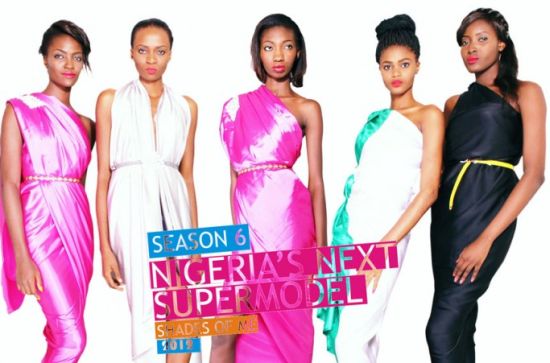



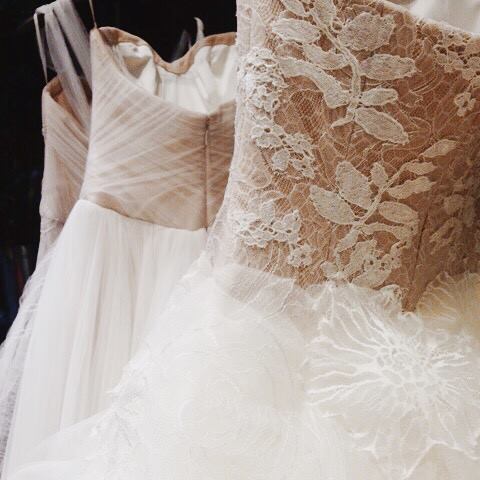

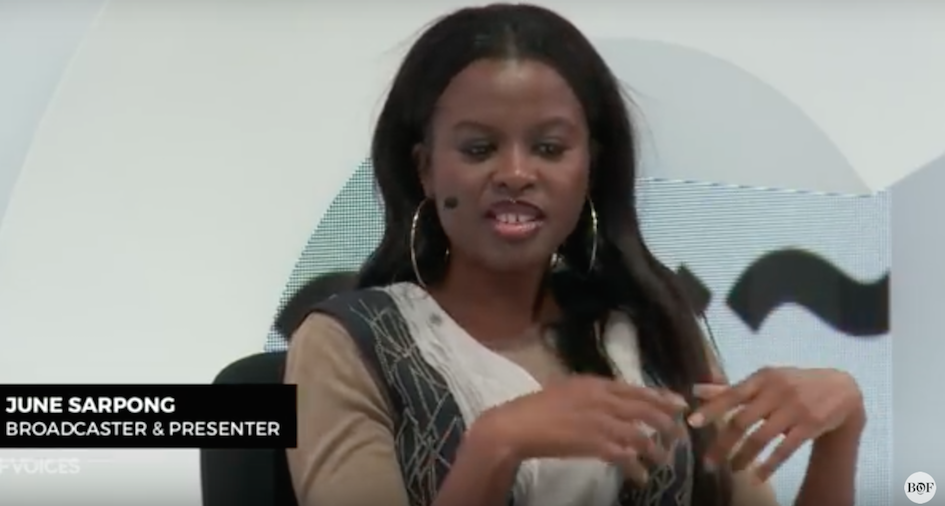
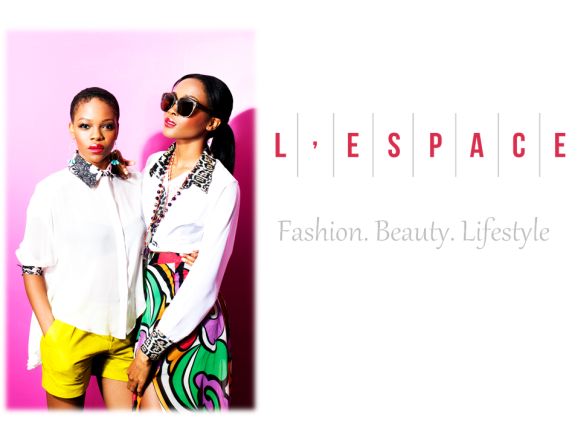
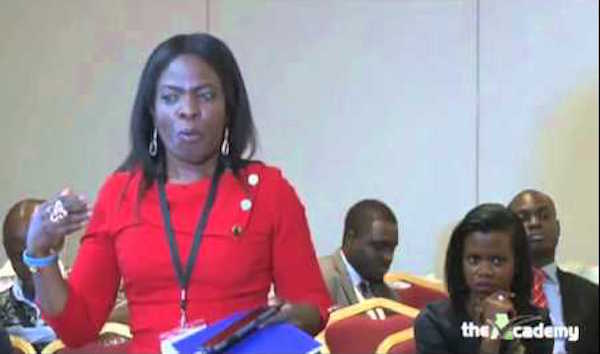
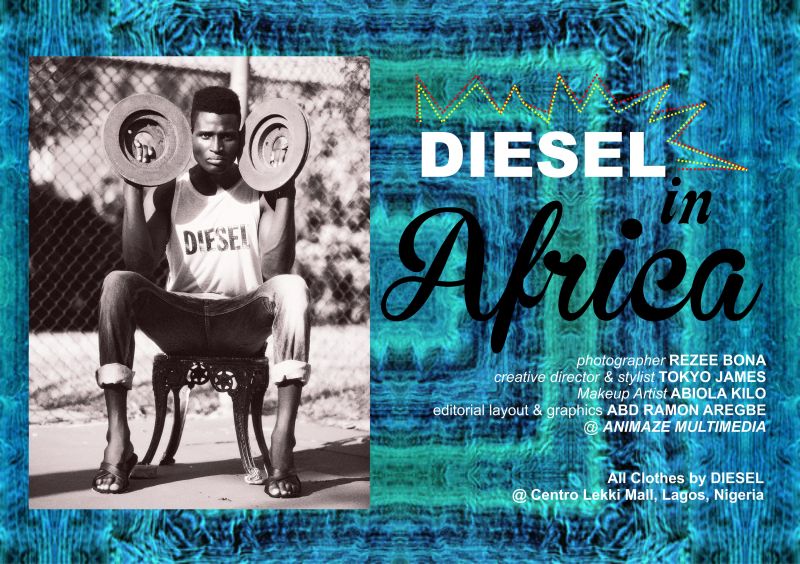
Thank you ladybrille God bless.